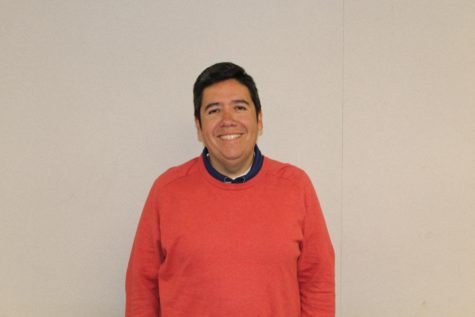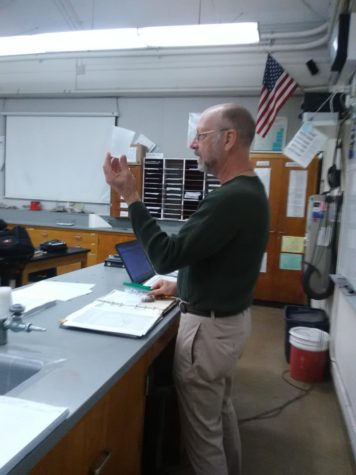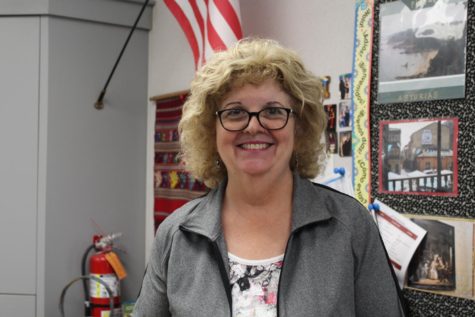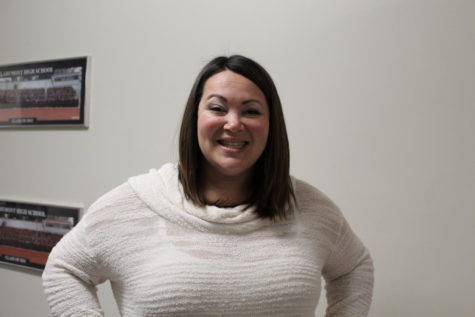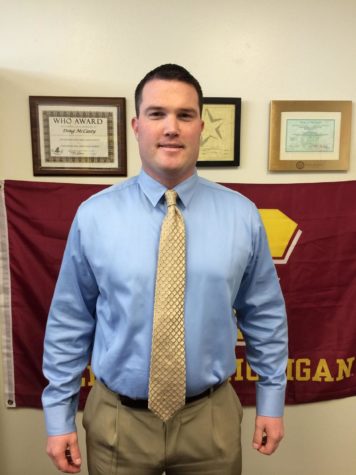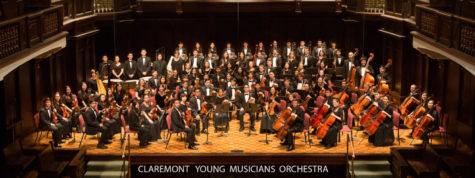An IB Experience
It is decidedly easy to reduce the IB program into a few distinguishing but distressingly simple qualities that many of us at CHS have spread and heard over the years: you have to write a lot, CAS sucks, it is somehow internationally relevant, the classes are hard, etc. The same cannot be said, however, for making the agonizingly difficult decision of choosing to take AP, IB, both, or neither. Therefore, I now have the equally difficult and unfortunate task of writing an informative article for whom this topic may concern that better articulates a few of the characteristics of the IB program and shares my experience as a diploma candidate who has (barely) survived the merciless war that has been the past 1 ½ years of my life. I apologize for the probably exaggerated pessimism in this opening, but know that out of the 80-something candidates in my class, or however many of us are left, I represent only one opinion, experience, and perspective. And if there is anything that IB has taught me so far, it is to always include and consider a ridiculous amount of perspectives for every essay, presentation, assignment, and, in this case, decision. So I encourage you to take my statement with a grain of salt and hear what other people have to say. Let’s begin.
First and foremost is creating a better idea of the expected workload as an IB student. By taking six to seven classes, one can logically predict a substantial amount of homework, projects, papers, and tests, which is true for the most part. However, I have found that there are some weeks in which my classes assign relatively little work. During these times, I have been able to take two-hour naps, watch a two-hour movie, sit and stare at a wall for two hours, or do any other two hour activity you can think of. On the other hand, there are some weeks that are unfortunately too numerous and close between in which every lab report, research paper, Spanish oral, Shakespeare reading, and math test is taken or due during the course of a single week. One may think that this extremely inconsistent work schedule would be drastically improved if each week had an equal amount of work, but I have steadily grown to love the off weeks more than I hate the hell weeks. Nonetheless, this is just my own preference, and if you do not like the idea of a nearly fatal roller coaster ride that lasts two years, please take my hyperbolic warning into consideration.
A fact that many people may not know is that several IB classes and AP classes at CHS are exactly the same. The only difference between them are their standardized tests in May. Even IB specific assignments such as IAs are assigned to AP students as a class grade, and topics and concepts that are exclusive to either AP or IB are often taught to both types of students. However, the IB program does require the extra tasks of CAS and the Extended Essay (EE). I believe that CAS, besides its requirement of writing reflections, can be disregarded as a distinguishing feature of IB since many outgoing students who are not in IB have already fulfilled or are on the path of fulfilling its requirements of creativity, activity, and service with their many extracurricular activities. But the EE that students write during the summer between junior and senior year is a truly unique experience. It was the first time I was given full autonomy on what I wanted to research and write about. In light of the program’s common criticism of being overly restrictive and conforming, I found the opportunity to learn and write about film to be extremely liberating and surprisingly enjoyable. Obviously, I would not write an 18-page academic paper if I had a choice, but this necessary assignment, which will inevitably come up many more times over the course of my academic career, was made worthwhile by granting me complete independence and teaching me how to write a closely personal scholarly essay that is informative and valuable to both myself and, hopefully, to whoever reads it.
Unfortunately, I do not have the space to discuss TOK, the extra class that IB students are required to take, but I hope that my inability and unwillingness to reduce it into a brief and disingenuous description for the sake of this article serves as an indication of its inimitability and significance. I understand that the uncertainty surrounding this class and many other aspects of IB is unsettling, shrouding the decision to join IB with doubt and risk. This article was intended to create a better idea of the program and eliminate some of this mystery and uncertainty, but as I come to the end of writing it, I find that I probably have not done a very good job. However, I will try to use these last remaining words to the best of my ability: Uncertainty is inevitable. There is nothing I or anyone else can do to completely get rid of it. All I can say is that it is something I have learned to embrace after I took the risk of joining IB, a risk, I should mention, that I do not regret taking. This is not because I view IB as a flawless program that is perfect for me or any of my classmates, because it’s not; I do not regret my decision because, despite all the doubt and anxiety from wondering if IB was right for me, I was surrounded by 80-something other students who were experiencing the exact same thing. And over the past 1 ½ years, we band of brothers and sisters have shared in each other’s struggles and successes and have developed a bond that keeps each of us going until the end. I just hope that you get an IB class as great as mine.
Hello there! Our goal is to provide relavent, engaging journalism for readers of all ages. Your donation will support the student journalists of the Wolfpacket at Claremont High School, and will allow us to purchase equipment, print our monthly issues, and enter in journalism competitions. We appreciate your consideration!
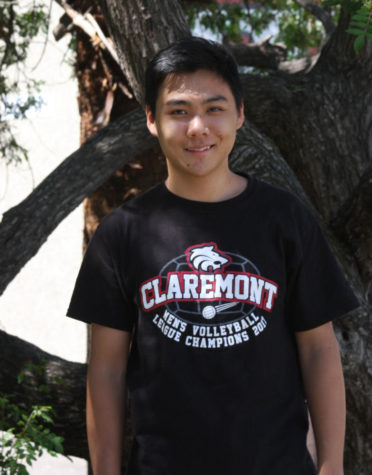
Shane Jung is a Senior at CHS and is one of the Assistant Editor in Chiefs for the Wolfpacket. He has found a love for writing through his time as a...




